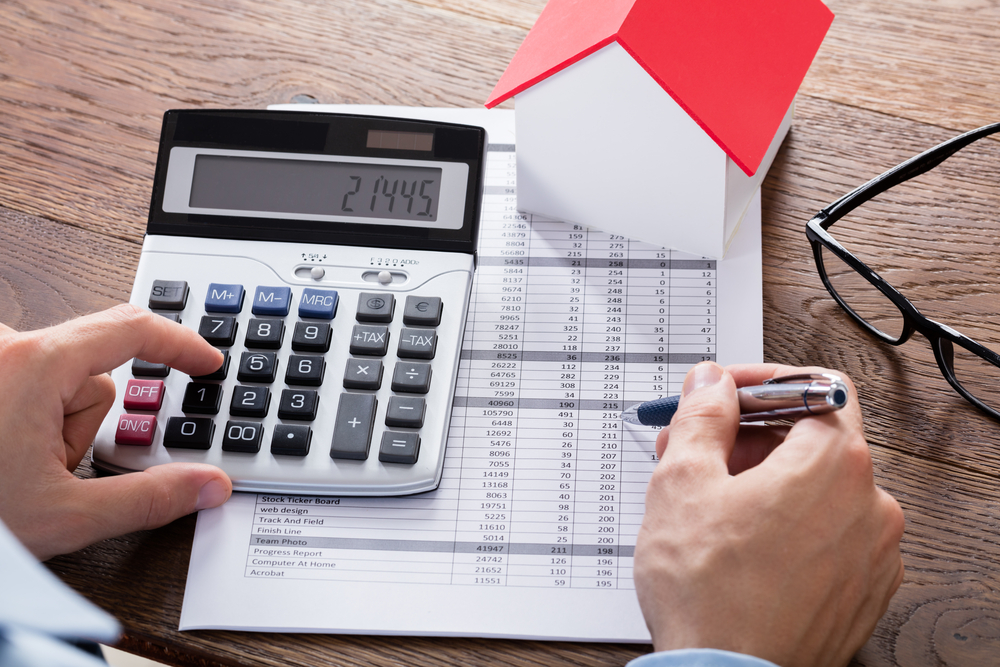One of the most noteworthy aspects of the national housing market is its general lack of inventory, meaning that first-time home buyers are often boxed out by a physical lack of properties. Consequently, those that already own or mortgage a home cling to that asset firmly because of the rising tide of property valuation brought on by the increased scarcity of new constructions.
As such, it stands to reason that those currently in homes have been there for a significant amount of time and are quite familiar with calculating and paying property taxes, though you can be sure that’s to the chagrin of many of them. Despite the prevalent challenges the national housing landscape can present, though, new buyers are always trickling into the market, which means there’s always a healthy well of curiosity when it comes to how property taxes are assessed.
Perhaps you’re just a frugal spirit looking to save as much as possible during tax season, or maybe you’re considering a needed renovation, like a Chicago roof replacement following a stormy summer, and you’d like to get a sense for how the update will affect your property taxes. Whatever your motivations, it’s your money at stake, so put on that green visor and break out the calculator while break down the key details to remember about property evaluation and taxation.
Which Factors Influence Property Valuation? What Is in and out of My Control?
The list of things that inform property evaluation is innumerable and includes factors that are both in and out of your control as a homeowner. To that point, here’s a quick rundown of the things you can’t control:
- Home sale and valuation data of neighboring homes
- Changes to the housing market and/or economy (locally or nationally)
- New community constructions, like schools and hospitals
- Neighbors selling homes above the asking price
- Property owner saturation (i.e., more homeowners in a neighborhood often beget a lesser, or at least more equitable, tax liability per household)
- Natural disaster damage and disrepair
What you can control, however, is the state of your home, which is why anyone mindful of their property taxation should always consider the affect that a major renovation will have—because it will likely be significant. This is especially true if you’re converting a utilitarian space, like an attic or basement, into a livable one. In fact, in many instances, this will automatically trigger the need for a property reevaluation because that room repurposing could require the addition or renovation of marketable home amenities.
As a rule of thumb, if you’re looking to avoid a property tax hike spurred by a renovation, it’s best to limit home improvements specifically meant to bolster curb appeal. As with anything else, first impressions matter, and are often the most lasting. Even though you may conduct a full appraisal walkthrough of your interior, the state of your exterior will certainly inform the overall evaluation.
If you are looking at more costly, transformative remodeling projects, including those that add a permanent fixture, such as a pool, deck, or a large shed, consult your local building and taxation departments to receive an approximation of how the update(s) will alter your taxation rate.
How Can I Find (or Dispute) My Taxation Rate?
There are several ways to do this, but they will all require a significant degree of research and effort. To start, you want to make sure that your current property assessment is accurate. To do this, request a copy of your property tax card from your local tax assessor’s office to ensure there are no discrepancies with key information, like lot size, room count and dimensions, and amenity/fixture listings. Note any discrepancies with an assessor and see if the tax cards of neighboring properties are publicly available.
If you have that additional neighborhood-specific information, you can then appeal to the county tax assessor with a literal side-by-side comparison to further reinforce your case. Should that prove unfruitful, you have the final recourse of creating a case with an independent tax appeal board, but that decision will ultimately boil down to how egregiously inflated you believe your taxation rate is.
During this process, it may become necessary to schedule a reappraisal of your property. In many cases, this is recommended since some municipalities have laws that allow a property assessor to ascribe the highest possible value (and taxation rate, as a result) of comparable homes to yours should you refuse to grant interior access to the assessor. The rationale being the assumption that you’ve made interior improvements that you don’t want to disclose in order to lock in a lower tax rate.
If you do schedule a reappraisal walkthrough, make sure you give the conducting official full access to your property and accompany him or her throughout the duration, identifying everything from standout amenities to structural deficiencies.
Taxation with Representation
The consistent challenge of home ownership is fielding all the associated fees and taxes that come with it. It’s a hurdle that can trip up anyone from a new home buyer to the shrewdest property magnate, but with a little due diligence, you can get the full picture of your property records and taxation rate. Once you have that, you’ll be able to consult the local officials that assess these matters for a living and, hopefully, establish a tax structure that better represents your property.


Comments(0)